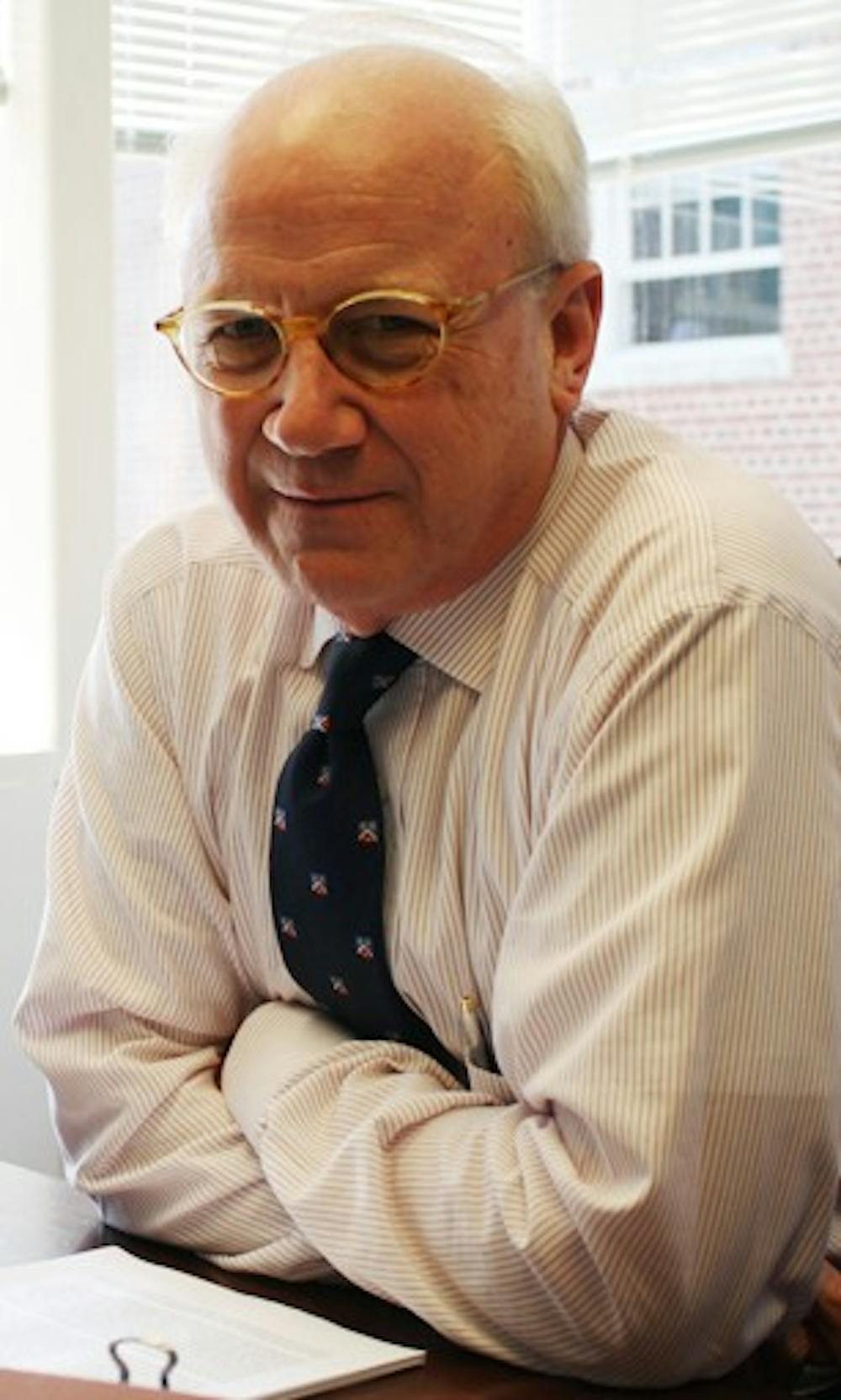Journalism professor Ferrel Guillory is an expert on Southern politics and will teach a course in the fall on elections reporting. He founded UNC’s Program on Public Life to link academic resources and North Carolina’s public leaders.
Daily Tar Heel: Has the dynamic of the Republican presidential race in the South changed since Rick Santorum dropped out?
Ferrel Guillory: When former Senator Santorum dropped out, clearly that solidified former Governor (Mitt) Romney as the frontrunner. There will be less emphasis on Republican primaries to come, including North Carolina. There are still a considerable number of delegates from the South, and it looks like Newt Gingrich, former House speaker, is still going to campaign. It’s hard to see either Gingrich or Ron Paul knocking Romney off his course toward the nomination.
DTH: What is your outlook on the chances Amendment One will pass?
FG: Amendment One is an expression of two things. One is the overlay of cultural conservatism in North Carolina, a long-standing feature of the state and its society. It’s also an expression of Republican legislators’ interests in elevating social issues during the 2012 campaign. Polls have been showing strong support for the amendment and I think the question is whether the push back from business leaders, civic leaders and legal scholars will build enough countermovement between now and May to derail it. The amendment adds language to the (N.C.) Constitution, and I think we ought to be careful as a society when dealing with our constitutions. Our constitutions are about spelling out people’s rights and framing the construct of the government, and we ought to not be trifling with the Constitution for whatever political or emotional trends of the moment.
I’ve got to say as an analyst, it looks like the amendment is going to pass, but I hope North Carolinians have second thoughts about it.
DTH: Do you think Amendment One will bring a lot more liberal-leaning people to the polls?
FG: Since the Republican presidential primary will mean less now than it appeared early on, we may have fewer conservative-leaning voters coming to the polls. There’s a contest for the Democratic nomination for governor, and that usually stirs people up. There’s not been much television advertising in this election year … so the prospect is for relatively low turnout.
DTH: You’re leading a class in the fall that will be devoted to covering the election specifically. Why is such a class important?




